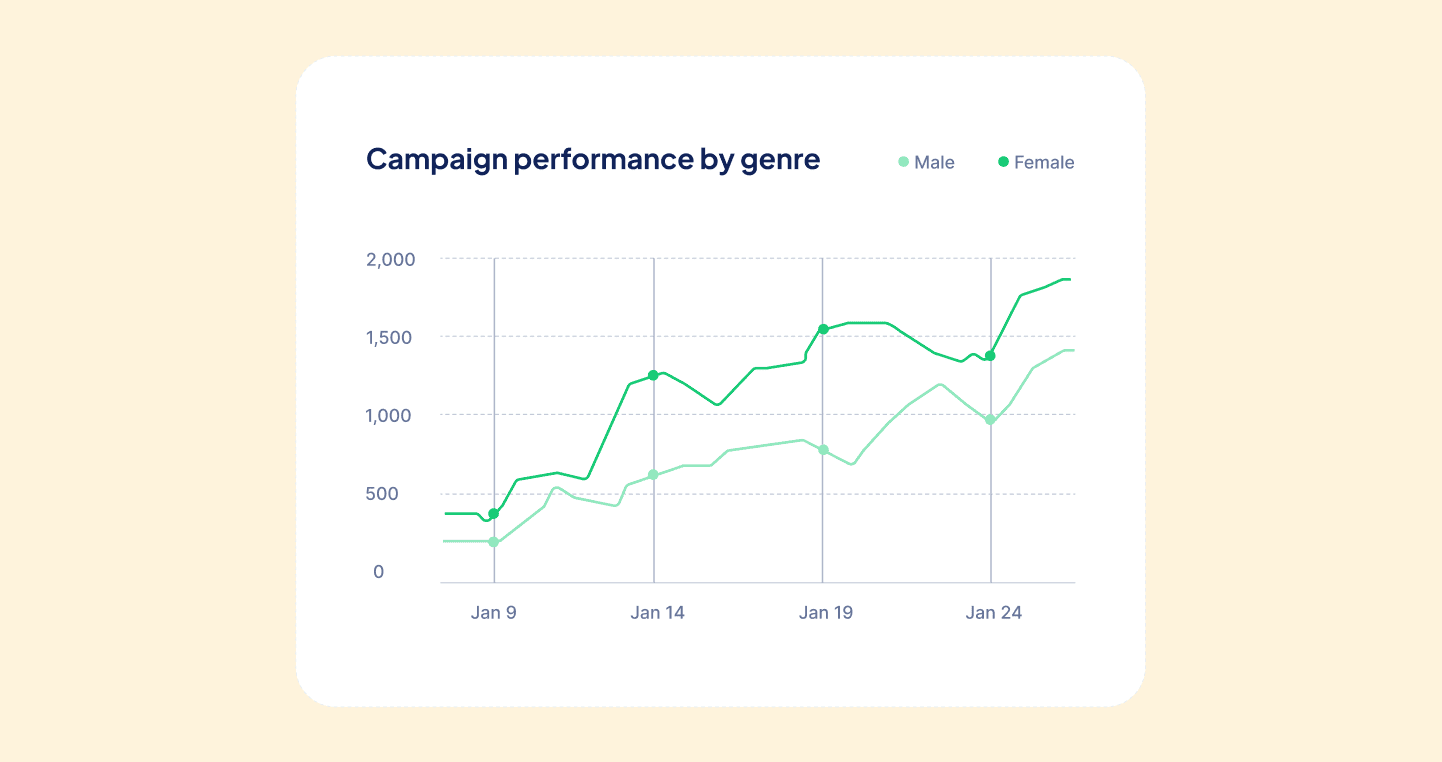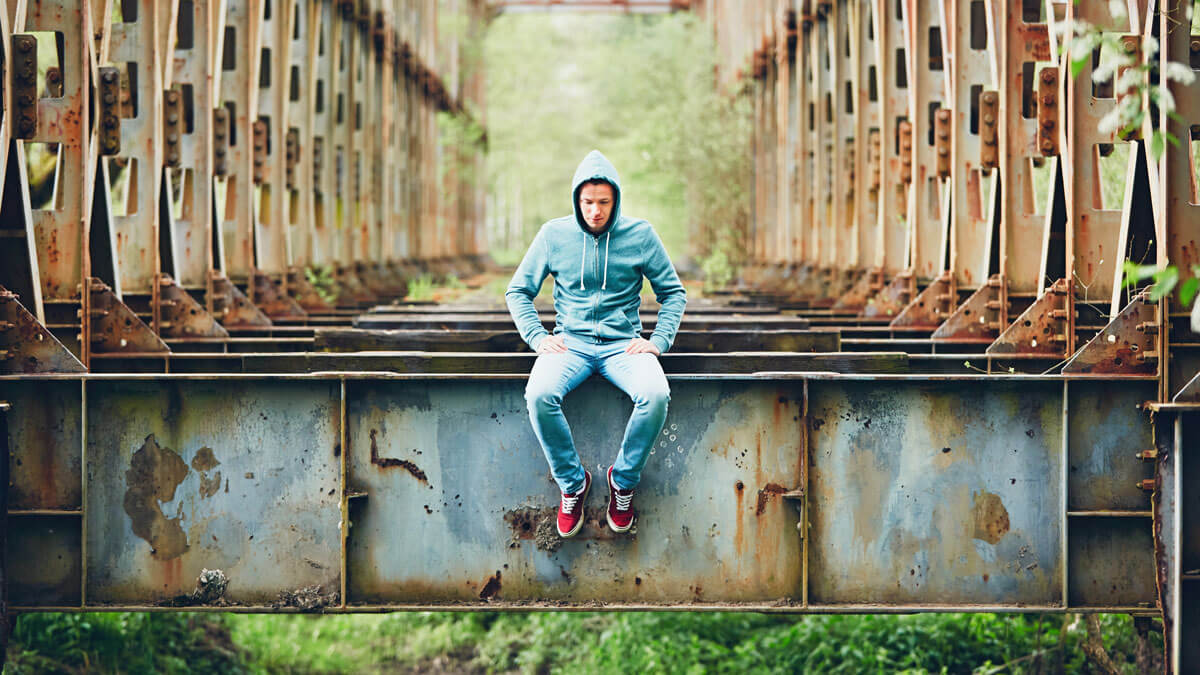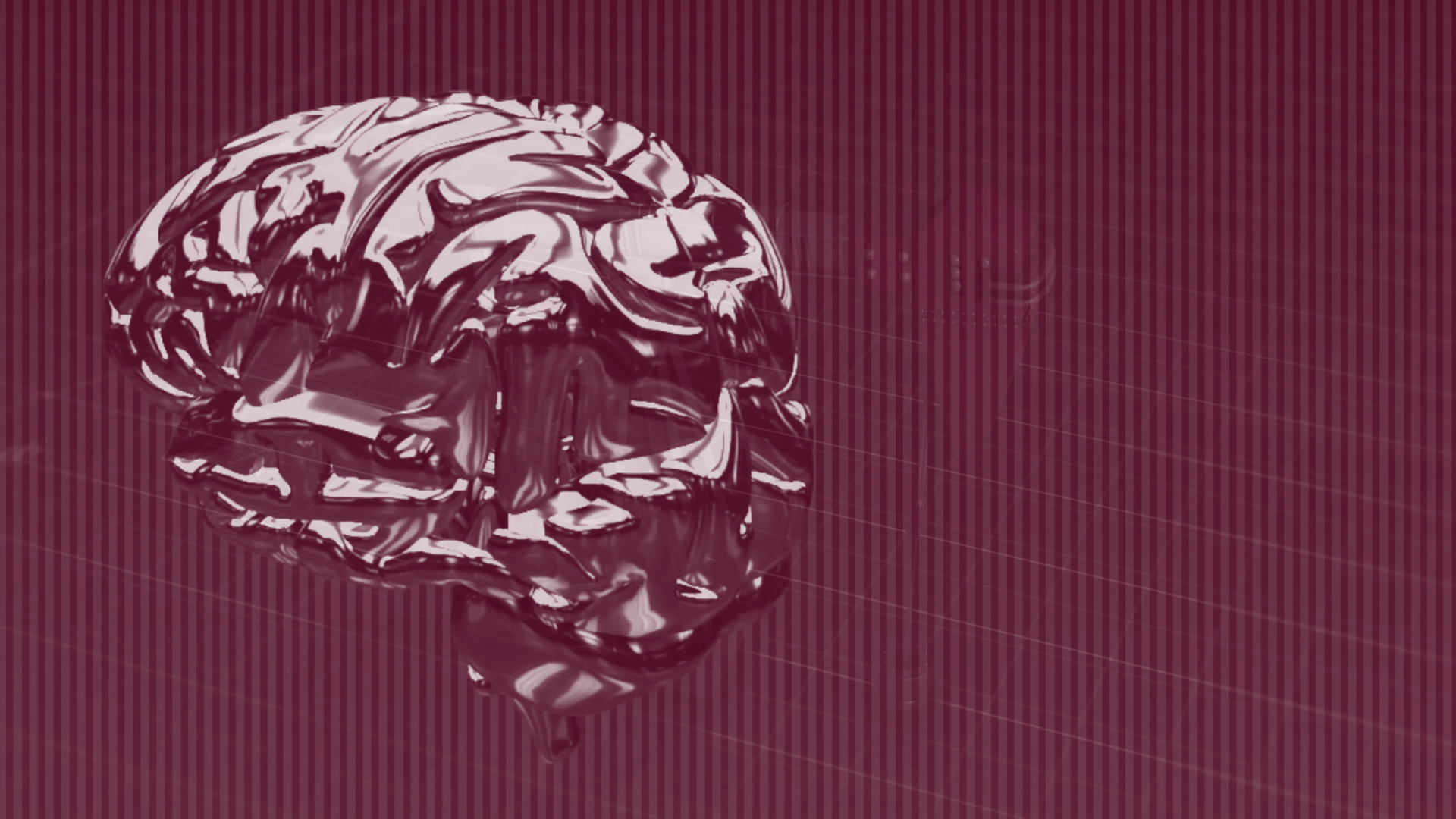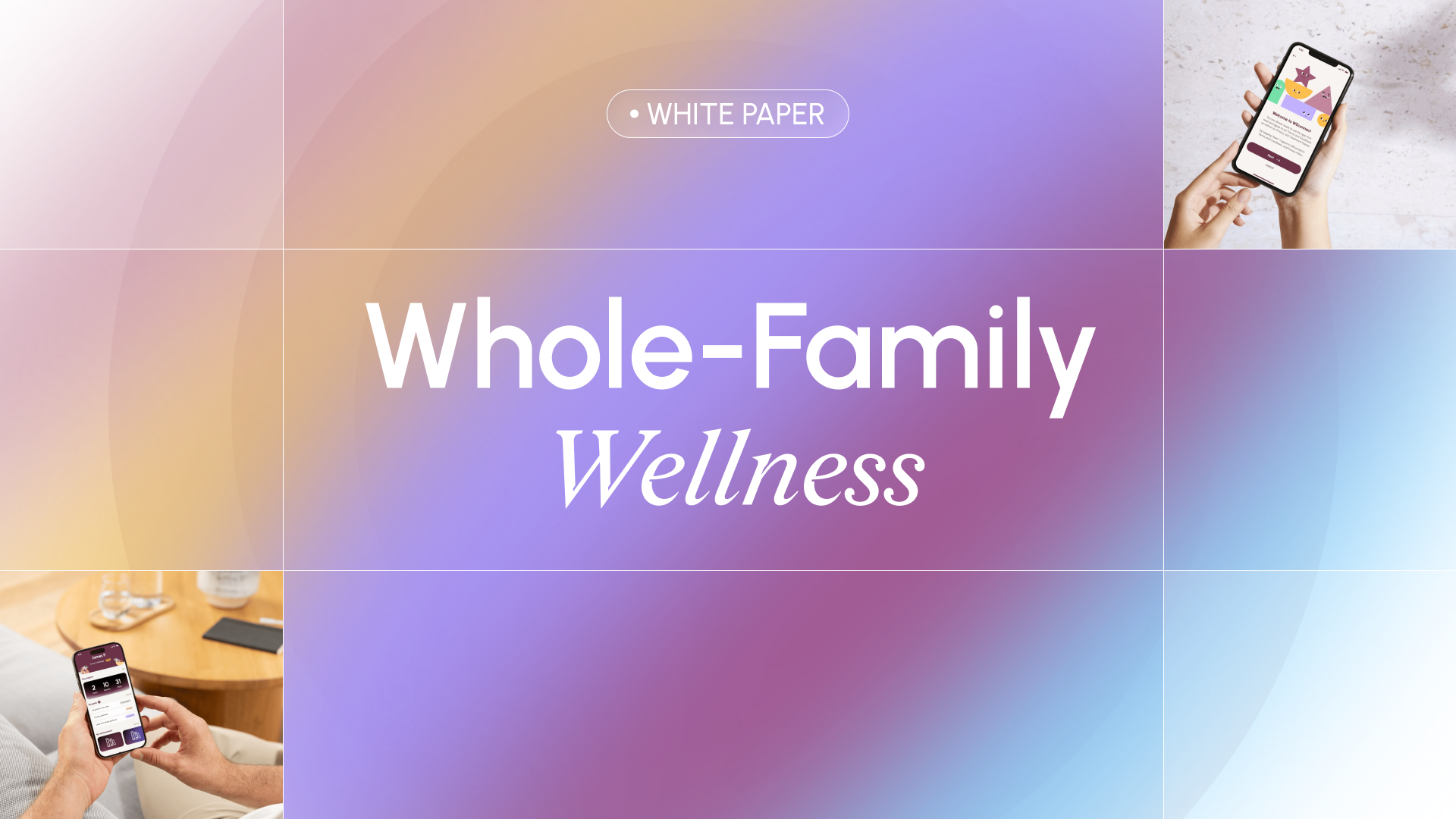I am a person in recovery. For me, that has grown and changed in meaning all throughout my recovery, but there is one area that has remained pretty consistent. I have always wanted (and continue to want) meaningful connections and relationships in my life that help me to feel understood, alongside trying to understand others. Before I ever used a substance, I wanted people to like me, I wanted to feel loved, and I wanted to feel like I could just be who I am. Feeling so disconnected from the world around me—especially my family and friends—and feeling as though I could never be myself or receive acceptance is something that drove me as a child, adolescent, and teenager. It’s at the core of my recovery, this need to connect, to be seen, to help you be seen.
When I first got high, when I first got drunk, all the fears I had and lack of connection that I felt melted away. I felt like I could just be myself, and that it was good enough for you and good enough for me, too. I used such large amounts of substances every day because it provided relief from my fears, anxiety, loneliness, and pain. Getting high and getting drunk were the only things I’d found that gave me what I most wanted and needed: to feel like I could connect with myself and others. But at some point shortly after I started getting high and drinking, I realized it did not give me the same kind of connection that it had that first time, and the feeling went away more quickly, too. I ended up trying all kinds of different drugs, using higher quantities, mixing substances—whatever seemed like it might give me that feeling of connection that I so craved and that felt so elusive to me. Recovery seemed impossible because I didn’t think there was any other way to be myself or to connect with the world around me if I wasn’t consuming as much alcohol and drugs as I possibly could every day.
When I first met people in recovery who used substances the same way that I had, and who were able to laugh and smile and be themselves in recovery, I felt such massive hope! I think there was some gut-level reaction for me when people talked so openly about feeling insecure and hurt, about all of the things that I felt I could never share, while laughing and so obviously accepting that part of themselves. I knew I wanted that. I found recovery through both desperation of the pain I was experiencing and my attraction to the freedom of truly connecting that I saw in people who seemed to have a similar relationship with drugs and alcohol that I did.
Learning about my insecurities and fears, sharing them with people who did not judge me, finding communities and relationships where I could genuinely be myself and be received as such is at the heart of my recovery journey. Now, 10 years later, 10 years in recovery, it’s still right at the heart of my recovery and right at the heart of my life. I think the only thing that’s changed is that I’ve learned I need to connect with myself in the same way that I have in the most meaningful relationships of my life. Creating these healthy attachments and relationships with others as well as myself, continuing to reach out to others, and finding empathy for people who are hurt or who are struggling in recovery is how I find meaning and purpose; it’s a part of who I am.
However, COVID has thrown a rather large and heavy wrench into the habits and practices I’ve built up over the years to be okay and to stay inspired and motivated to live a fulfilling life every day. I work from home, I am doing grad school from home, and I live in a city that has had a fair number of COVID cases (including more recent cases spiking), and I do not get a lot of time to connect with people in person. I am grateful to Zoom, to FaceTime, to cell phones, to technology for giving me other ways to connect with people; I have also recognized that for me, connecting through technology misses out on A LOT of what I feel I can offer to others and the ways that I am supported by others. I’m missing connection and meaningful moments with my communities in ways that I have not for the entirety of my recovery. Sometimes I feel like I did so early on in my recovery again: hopeless. Like there’s no way for me to find that which I crave and find meaning in: showing up for others genuinely, making people smile or feel heard, or just being present as they struggle; being myself fully and feeling my communities’ presence and care for me through it.
When I am in a meeting or a class, I cannot read the room. I cannot feel people in a room with me, I don’t hear my classmates or co-workers laughing because we are all muted to reduce sound issues. I cannot feel when someone across the room gets insecure, I cannot make a joke out loud about how insecure I am to help them feel more comfortable and welcome. I don’t get to make eye contact with a friend in a Zoom room when something funny happens to let them know that I’m sharing that moment of understanding with them. People do not hear me laugh or say “Mmm” in understanding when they say something that impacts me. I do not hear them do it either, and I don’t always know if what I am saying is landing for them or not. When people are together in a room with me, I feel people’s presence; I do not when we’re communicating over the phone or on Zoom. I also get a whole lot of cues from body language that I miss over video chat or phone calls. A part of who I am, of my recovery, of what I love most in life is to connect and help others and to be emotionally open enough to connect and get some help from those close to me, too. This sense of regulation that I can offer and receive is all out of whack and missing in the ways that I knew it before COVID.
I notice that I get exhausted on Zoom, on the phone, on FaceTime, on technology when I am connecting with others for one primary reason: I have to self-regulate in most of my day to day life because I am unable to get regulation from others in the ways that I usually receive it. That means when I get insecure, frustrated, sad, lonely, angry, or uncomfortable in some way, I often have to tend to that hurt and difficulty within myself. When we make eye contact with other human beings, when we are physically present with other human beings, there are hundreds of subconscious and somatic signals that get fed back and forth between us that cue our nervous system. Our bodies are reacting and wondering “Am I safe, or should I shut down?” “Can I relax, or do I need to be on guard?” “Should I tense up and run, or is it okay to relax and recharge?” I am finding a need to develop a larger awareness of my body, noticing my physical state so that I can breathe into areas of tension and remain regulated. Using technology, I am the one who has to be cued into my body, posture, and emotions so that I can let my whole system know that it is okay when it reacts in all of the ways it is used to without the regulation it has learned to be able to relax.
Okay, COVID has created some obstacles for me and my recovery, and life is on fire and difficult for so many of us in a multitude of ways right now. What does that mean and is it that okay? For me, it feels okay some days and not others. I find hope some days, I feel okay with less hope other days, and there are plenty of days that I am having a tantrum internally and flat-out refuse to accept life as it is right now. I am aspiring to be okay with myself regardless of where I am emotionally, I am aspiring to attend to the areas of my life that are important for me to attend to, and I am finding new ways of tending to my recovery and my life that offer this connection, regulation, and meaning that are necessary for me. While I do not think it is healthy or helpful to rely on self-regulation 100% of the time, I am glad to have learned how to self-regulate better and I am getting to build a relationship with myself in a deeper way. If I take between 2 and 10 minutes a few times every day to lie down on my floor or couch, or just sit in a chair comfortably and breathe into my body while offering some love and acceptance to myself, my mood, ability to process, sense of groundedness and security, and motivation to show up to life increases significantly.
The good news? Well, this is a practice I intend to use outside of COVID, too. Ultimately, I am finding that I can create a more authentic and meaningful relationship with myself than I had previously thought possible. Like most things, I typically grow in ways that are quite uncomfortable only when I feel like I have absolutely no other choice. If you are finding yourself lonely and hurt, I am sorry and I am with you. I do not think that self-regulation is the answer to COVID or life’s pains, but it is certainly a new tool that has had a much-needed impact in my life during quarantine.
Emphasize your product's unique features or benefits to differentiate it from competitors
In nec dictum adipiscing pharetra enim etiam scelerisque dolor purus ipsum egestas cursus vulputate arcu egestas ut eu sed mollis consectetur mattis pharetra curabitur et maecenas in mattis fames consectetur ipsum quis risus mauris aliquam ornare nisl purus at ipsum nulla accumsan consectetur vestibulum suspendisse aliquam condimentum scelerisque lacinia pellentesque vestibulum condimentum turpis ligula pharetra dictum sapien facilisis sapien at sagittis et cursus congue.
- Pharetra curabitur et maecenas in mattis fames consectetur ipsum quis risus.
- Justo urna nisi auctor consequat consectetur dolor lectus blandit.
- Eget egestas volutpat lacinia vestibulum vitae mattis hendrerit.
- Ornare elit odio tellus orci bibendum dictum id sem congue enim amet diam.
Incorporate statistics or specific numbers to highlight the effectiveness or popularity of your offering
Convallis pellentesque ullamcorper sapien sed tristique fermentum proin amet quam tincidunt feugiat vitae neque quisque odio ut pellentesque ac mauris eget lectus. Pretium arcu turpis lacus sapien sit at eu sapien duis magna nunc nibh nam non ut nibh ultrices ultrices elementum egestas enim nisl sed cursus pellentesque sit dignissim enim euismod sit et convallis sed pelis viverra quam at nisl sit pharetra enim nisl nec vestibulum posuere in volutpat sed blandit neque risus.

Use time-sensitive language to encourage immediate action, such as "Limited Time Offer
Feugiat vitae neque quisque odio ut pellentesque ac mauris eget lectus. Pretium arcu turpis lacus sapien sit at eu sapien duis magna nunc nibh nam non ut nibh ultrices ultrices elementum egestas enim nisl sed cursus pellentesque sit dignissim enim euismod sit et convallis sed pelis viverra quam at nisl sit pharetra enim nisl nec vestibulum posuere in volutpat sed blandit neque risus.
- Pharetra curabitur et maecenas in mattis fames consectetur ipsum quis risus.
- Justo urna nisi auctor consequat consectetur dolor lectus blandit.
- Eget egestas volutpat lacinia vestibulum vitae mattis hendrerit.
- Ornare elit odio tellus orci bibendum dictum id sem congue enim amet diam.
Address customer pain points directly by showing how your product solves their problems
Feugiat vitae neque quisque odio ut pellentesque ac mauris eget lectus. Pretium arcu turpis lacus sapien sit at eu sapien duis magna nunc nibh nam non ut nibh ultrices ultrices elementum egestas enim nisl sed cursus pellentesque sit dignissim enim euismod sit et convallis sed pelis viverra quam at nisl sit pharetra enim nisl nec vestibulum posuere in volutpat sed blandit neque risus.
Vel etiam vel amet aenean eget in habitasse nunc duis tellus sem turpis risus aliquam ac volutpat tellus eu faucibus ullamcorper.
Tailor titles to your ideal customer segment using phrases like "Designed for Busy Professionals
Sed pretium id nibh id sit felis vitae volutpat volutpat adipiscing at sodales neque lectus mi phasellus commodo at elit suspendisse ornare faucibus lectus purus viverra in nec aliquet commodo et sed sed nisi tempor mi pellentesque arcu viverra pretium duis enim vulputate dignissim etiam ultrices vitae neque urna proin nibh diam turpis augue lacus.
%202.svg)


